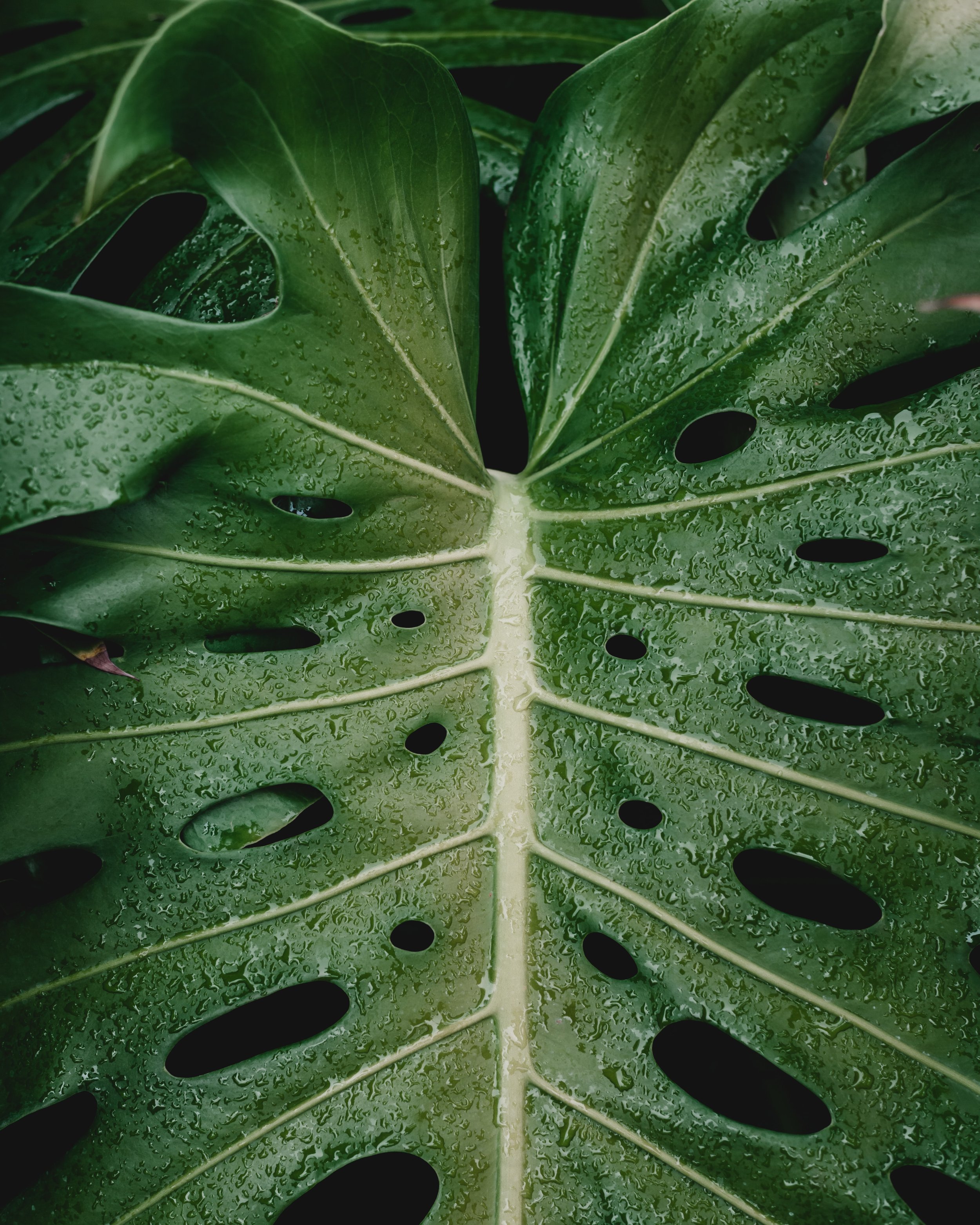
Frequently Asked Questions
What is acupuncture?
Acupuncture is an ancient practice, a combination of both art and medicine, that is still very prevalent all over the world.
Generally, acupuncture refers to the insertion of sterilized, disposable, filiform needles into anatomical points. Filiform needles are solid, hair-thin, flexible needles – very different from the typical hypodermic needles we’ve encountered at our doctor’s office. The anatomical points are centers for “qi” or vital life energy. Qi can be accessed through needles and other tools of the trade including touch and breath work. The insertion and manipulation of needles promote free-flow and harmony within the body.
Does it hurt?
Generally, acupuncture should not cause pain. There may be instances where you feel a slight pinch upon insertion (think mosquito-bite), however you may find that most of the time you barely feel the insertion.
Sensations associated with the therapeutic effects of acupuncture include heaviness, achiness, warmth, distension, tingling or electric sensation traveling along the pathway of an acupuncture channel. In some cases where tight muscles need to be released, an uncomfortable sensation may be produced during manipulation of the needle. However, this is temporary, and you will likely experience great relief after the fact.
My approach is gentle yet effective, and your comfort is of utmost importance.
Where do the needles go?
Needles are inserted along specific acupuncture points on the body based on signs and symptoms. They are commonly placed at or below the elbow and knee, as well as the head, back and the abdomen. If for any reason you prefer not to be needled in a specific location, it will be avoided.
Is acupuncture safe?
Yes! While under the care of a licensed acupuncturist, acupuncture is a very safe and effective treatment that has been used for thousands of years.
What are the benefits of acupuncture?
Acupuncture is a drug-free way to optimize health. Since acupuncture promotes balance in the body, it can help to facilitate:
Rest/ Deep relaxation
Pain relief
Emotional well-being
Stress reduction
Mental clarity & improved energy
Women’s health & wellness
Improved digestive/gut health
Weight management
Disease prevention & improved immunity
Hormonal health
Longevity & radiant beauty
Recovery from illness & surgery
Are there any side effects to acupuncture?
Soreness can occur at the site of needle insertion. This is most common at sensitive acupuncture points, like those on the hands and feet, or if a significant trigger or tight tender point is released.
It is common to experience increased energy after treatment. However, in some cases individuals may experience depleted energy. This is especially common in those who receive acupuncture on an empty stomach. Fatigue after acupuncture is no cause for concern, and it is simply advised that one listen to their body and rest as much as possible. In most cases, individuals will feel rejuvenated and energized by the next day.
On occasion, one may have an emotional release during treatment. Rest assured, pbtw is a safe space, and is prepared to handle emotions that may arise as a result of treatment.
Brief involuntary muscle twitching during treatment may also occur.
Bruising is uncommon but possible. Extra care is taken to prevent bruising from happening.
On rare occasions, one may experience lightheadedness during or after treatment. This may be related to an emotional or physical release and can be aggravated by dehydration or receiving acupuncture on an empty stomach.
How should I prepare for an acupuncture session?
It is best to:
Have a light meal/snack before treatment, as receiving acupuncture on an empty stomach may cause feelings of lightheadedness or depletion. At the same time, eating too much may cause discomfort during treatment.
If possible, avoid caffeine at least two hours prior to treatment. Caffeine increases one’s heart rate and adrenaline, so it may decrease the relaxing benefits of acupuncture.
Avoid alcohol at least two hours prior to treatment. Alcohol can dull your senses and make you less likely to feel the full benefits from your acupuncture treatment.
Should I stop medications?
It isn’t necessary. However, it is important that you communicate any medications or supplements you are taking. Especially if you are taking antihistamines, anti-depressants, opioids, anti-cholinergic and muscle relaxing medications, as these can affect your body’s response to acupuncture.
What happens after an acupuncture session?
It is important to keep in mind that the rebalancing process will continue even after treatment. To maximize the therapeutic effects, give yourself permission to rest (at the very least take your time) and avoid vigorous exercise for the remainder of the day, or at least for several hours. Remember to stay hydrated and feed your body nourishing foods to aid the healing process.
If receiving gua sha or cupping – please note that the marks may last for a few days to two weeks. Due to the nature of treatment, it is best that the areas be covered until marks disappear. Warm, nourishing foods are also recommended.
